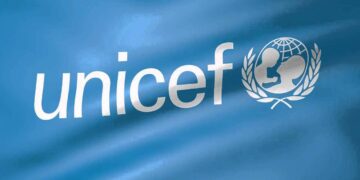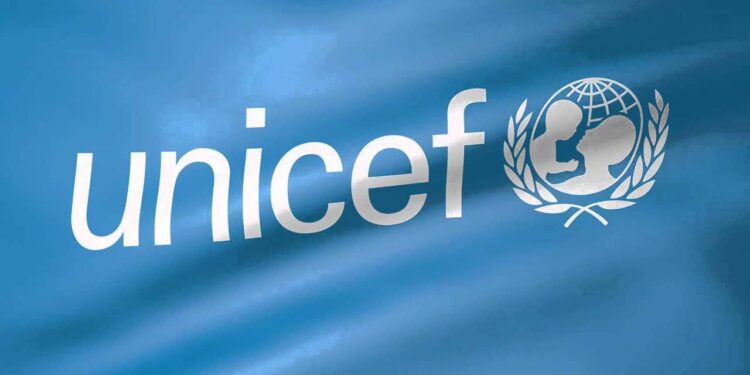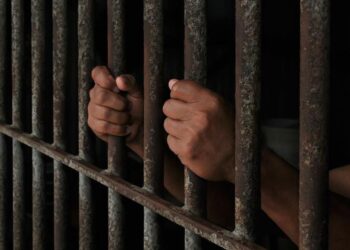By Ebi Kesiena
Nigeria has lost an estimated $10bn to the decade-long conflict in the North-East, according to the United Nations Children’s Fund (UNICEF).
UNICEF Country Representative, Wafaa Saeed, made this known, recently during the official launch of a socio-economic reintegration programme for children affected by armed conflict.
Represented by UNICEF’s Child Protection Manager, Shah Mohammad Khan, Saeed said the prolonged insurgency had severely weakened the national economy while crippling family incomes and the earning potential of young people in the region.
She said, “According to a 2024 study commissioned by UNICEF, the economic cost of conflict in North-East Nigeria has cost the country a staggering $10bn over the last 10 years.
“Conflict has not only weakened the national economy, it has crippled the income and earning potential of families and young people. For too long, many children and adolescents in the region, especially girls, have been denied the opportunity to learn a skill or pursue their dreams.”
Saeed noted that years of unrest had been characterised by grave violations against children, including abductions and sexual violence, adding that the resulting loss of livelihoods had further eroded human capital development.
The newly launched reintegration programme, she said, seeks to support children affected by conflict through vocational training and essential child protection services.
“Currently, 1,033 children, 567 boys and 466 girls, are benefitting from vocational skills training in institutions across Maiduguri, Bama, Biu, Damboa, and Konduga,” she stated.
According to her, the programme equips participants with marketable skills such as tailoring, ICT, automobile repair, shoemaking, and carpentry, alongside psychosocial support and formal certification.
“These vocational training centres restore not just learning, but also hope, dignity, and opportunity for conflict-affected adolescents and their families,” she said.
She added that more than a thousand children are expected to benefit annually, gaining employable skills that promote sustainable livelihoods and community recovery.
“Graduates will not only build brighter futures for themselves but also contribute to peace, recovery, and resilience in their communities,” Saeed added.
The Borno State Commissioner for Education, Science and Technology, Abba Wakilbe, commended UNICEF and its partner agencies, UNDP, IOM, and UNODC, for their collaborative support.




































